Just when you think you’ve gotten the hang of nursing, or found that perfect bottle/nipple combo, it’s time to add something new into the mix. Solid food! When you get to the baby food aisle at the grocery store, you might be a little overwhelmed with the abundant amount of options in front of you. I mean, where do you begin? What’s the “best” brand? Or hey, maybe you don’t want to buy! You want to make it yourself, but how and what will you need?
Let me help you sort this out. You might wonder why the heck it matters, I mean all babies are going to eat food at some point, so what’s the big deal, right? Well, when you actually do get to that point, if you didn’t think ahead, you might set yourself up for some unneeded stress. Lets just nip that in the bud by answering some questions!
Q.) When should I start feeding my baby solid foods?
A.) When they are ready. Oh, you probably needed more info than that…ok. The AAP recommends waiting until baby is between 4 and 6 months of age. This will ensure that their digestive tract is actually ready for food, and that their tongue-pushing reflex has calmed down. Visible signs that baby is ready, would be the ability to sit upright unassisted, keeping their own head from slumping over. Always best to check with your pedi to get the green light before starting.
Q.) Ok, we are ready. So I start with rice cereal, right?
A.) Sure! That’s fine. But, you don’t have to! Sticking with bland-ish food is good, but there’s no law that says you must start with the blandest thing in the world! Avocado, sweet potato, or bananas all make good firsts. Again, check with your pedi, but I bet he or she might even have a longer list of acceptable firsts.
Q.) Do I really have to wait 4 days in between each food?
A.) It really is the best idea to. If your baby has an allergy to a certain food, it will be really hard to figure out if you just start giving them everything at once. If your baby has had a particular food 4 times with no reaction, you should be in the clear for that food.
Q.) So how much should my kid be eating?
A.) That totally depends on your kid. Some babies will LOVE food and eat a ton. Other’s will seem completely disinterested. Don’t worry, babies will eat exactly as much as they need to. It’s still more important right now to focus on formula/breast milk intake over food intake. So, offer formula/nursing before feeding. Then let them eat as much or as little as they want! No worries.
Now we’ve gotten a few questions answered, lets hit the store……or why not the kitchen!
I highly suggest at least attempting to make your own baby food. It isn’t hard at all. You technically aren’t making a meal here, you’re just steaming up some fruits and veggies, and then putting them in the freezer. Not hard at all. A great place to start if you think you want to give it a go is Wholesome Baby Food’s website. Please give it a browse, even if you don’t think you’ll make home-made food. You might be surprised!
Here’s some benefits to making your own baby food:
1.) You get a lot more food for your money. (it doesn’t seem like it at first, but baby food is expensive)
2.) You can save food in smaller portions so you won’t be wasting unused food in jars.
3.) Less waste, better for the earth
4.) You control quality of ingredients.
5.) Saves time. Having all the food in the freezer ready to go means fewer trips to the store because you forgot baby food.
6.) No preservatives, no chemicals, no unneccessary synthetic added vitamins, more nutrition because the food didn’t have to undergo the high heat of the canning process.
7.) No worrying about recalled foods.
Some things that might be useful for making your own baby food:
A food processor or good blender.
Ice cube trays, or other freezer safe storage systems like Inno Baby’s storage systems.
But hey, if you don’t want to make your own for whatever reason, that’s ok! We can still hit the grocery store and see what’s out there. Even though I did make most of my daughter’s food, I did need some backup stashed food, so I can help you there too.
Some things to think about with store-bought baby food:
Try and avoid anything that has more than two to three ingredients that aren’t part of the main course. For example, a jar of peas should hopefully only have peas and water (for processing). I am not really a fan of added vitamins, but that’s a personal choice. I also avoid other chemicals, food colorings, MSG (autolyzed yeast) and a host of other things. That’s why I say if the ingredient list is too long, forget it.
If you can, pick the organic brands. They generally put less stuff in them, and you will also be getting pesticide free food.
Here’s some of my top picks for prepared baby food:
Earth’s Best
Plum Organics
NurturMe (see my review here!)
Ella’s Kitchen
Happy Baby
Lastly, some tips for feeding and setting up good food habits for life:
Start with veggies, and introduce fruits second. You want them to acquire the taste for their veggies now and always!
If baby seems to dislike a food, try it again in a few days. They might like it later. Some studies suggest that babies might need to try a food 50 times before they decide if they like it!
If baby seems to have tummy troubles after the first time you introduce solids, that may be normal. but if it continually happens with each feeding, he or she may not be ready. Wait another week, there’s no rush!
Try and avoid too many sugary drinks or juices until after the meal is over. Otherwise they fill up on fluid and don’t eat as much food as they should.
*This post is meant as a general guideline. Please research your own info and speak to your pediatrician before beginning solid foods.
Contributor
We have guest bloggers on our site often. It's a great way for others to share their ideas and opinions with us all. If you're interested in contributing in some way, feel free to contact us and we would be happy to chat with you.


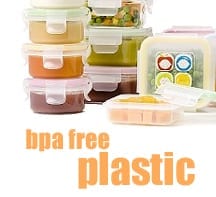
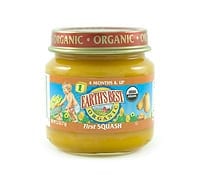
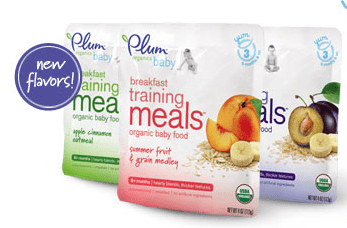
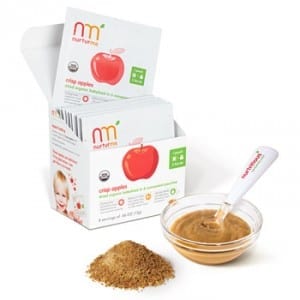
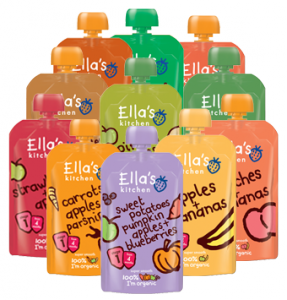
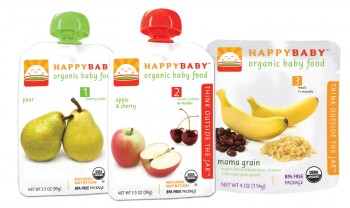
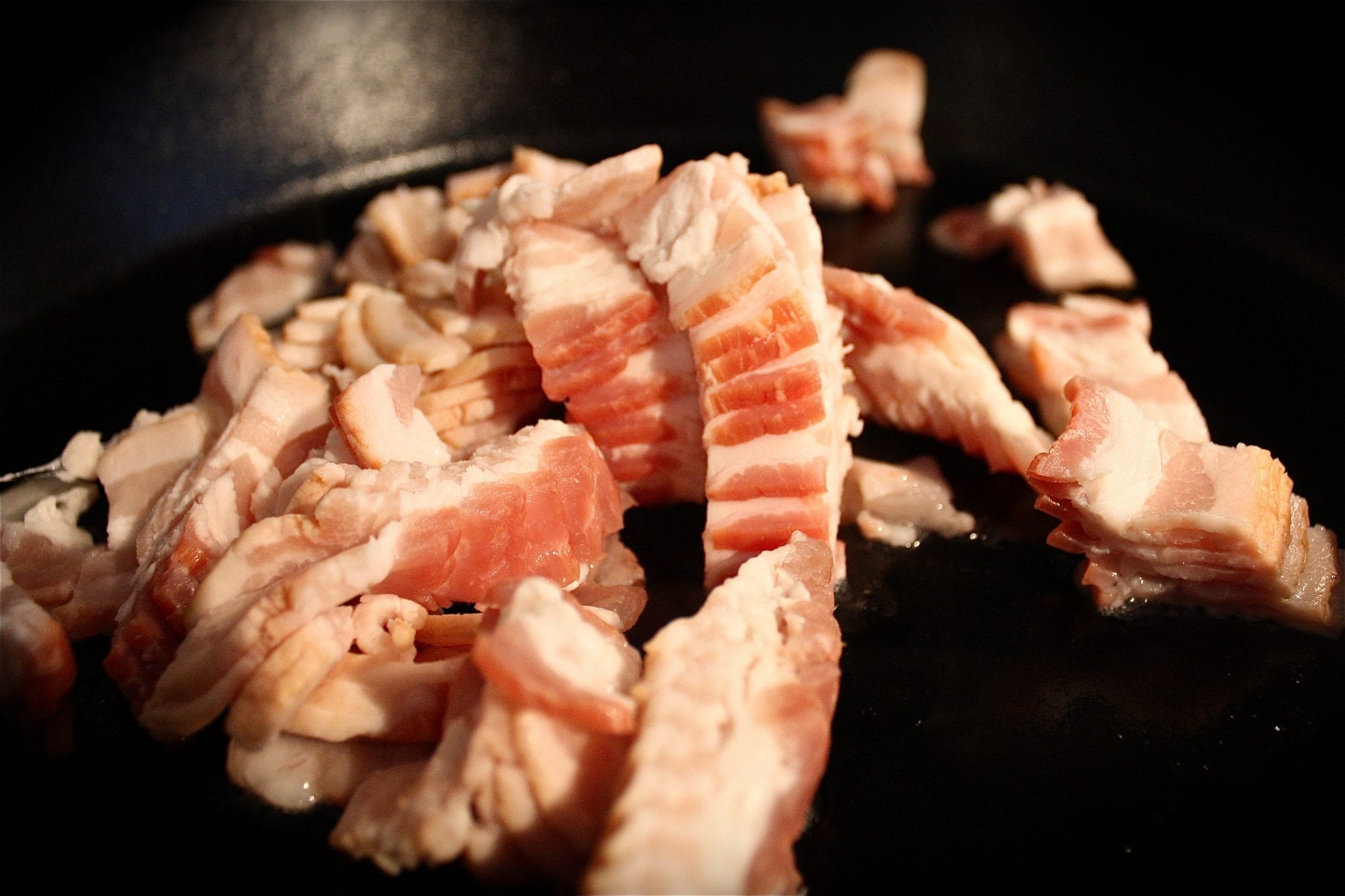
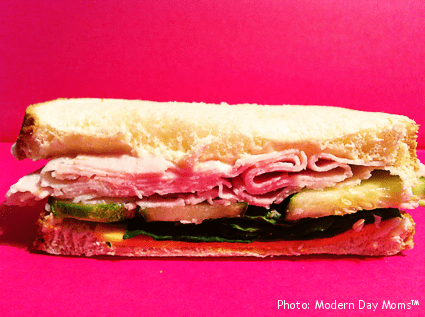
1 COMMENT
Jessica
14 years agoGreat post Rebekah!! It’s very informative!